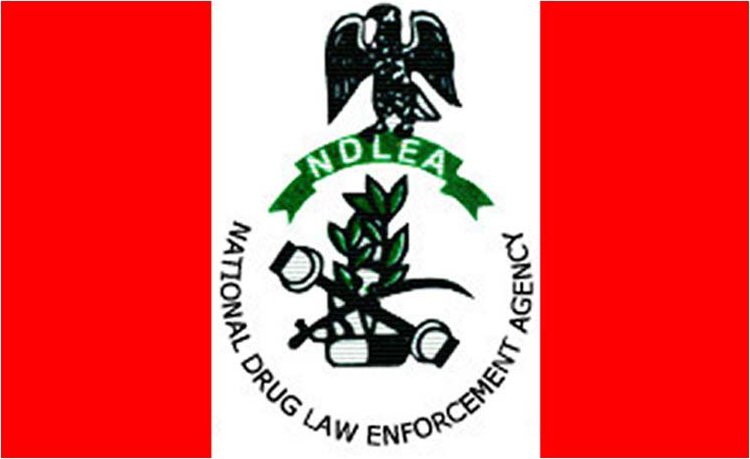The National Drug Law Enforcement Agency (NDLEA) of Nigeria has marked a significant turning point in its fight against drug trafficking and substance abuse with a major expansion of its forensic laboratory capabilities. For over two decades, the agency relied solely on a single laboratory in Lagos, but now boasts two new state-of-the-art facilities in Abuja and Enugu, along with a comprehensive upgrade of the existing Lagos laboratory. This strategic move represents a substantial investment in strengthening the agency’s capacity to combat the growing complexities of drug-related crimes in Nigeria. This expansion is not merely a matter of increasing physical space but encompasses a holistic approach to enhancing forensic science within the NDLEA.
The impetus for this expansion stems from the increasing challenges posed by a surge in drug seizures and the evolving nature of illicit substances. The new laboratories will significantly enhance the agency’s ability to process these seizures efficiently, providing timely results crucial for successful prosecution. This increased capacity will also facilitate quicker turnaround times for drug analysis, significantly strengthening the legal proceedings against individuals involved in drug-related offences. Furthermore, the upgraded facilities are equipped to handle the complexities of New Psychoactive Substances (NPS), a growing concern in the global fight against drug trafficking. The emergence of NPS requires advanced analytical capabilities, and the NDLEA’s investment in state-of-the-art equipment demonstrates its proactive approach to addressing this evolving threat.
The establishment of these laboratories represents a significant boost to Nigeria’s overall counter-narcotics strategy. By enhancing the NDLEA’s forensic capabilities, the country is better equipped to tackle the multifaceted challenges of drug trafficking, which extend beyond law enforcement to encompass public health, national security, and socioeconomic development. The improved infrastructure and expertise will allow for a more precise identification and classification of seized substances, contributing to a more comprehensive understanding of drug trafficking patterns and trends. This data-driven approach will inform policy decisions and enable more targeted interventions to disrupt the supply chain and reduce the demand for illicit drugs.
Crucially, the expansion of forensic capabilities goes hand-in-hand with a commitment to developing human capital. Twenty NDLEA forensic analysts have received specialized training and certification from the Institute of Public Analysts of Nigeria, empowering them to validate drug analysis reports officially. This investment in human resources ensures that the agency has the qualified personnel necessary to operate the new equipment and interpret the complex data generated by forensic analysis. The training aligns with international best practices and reinforces the NDLEA’s commitment to upholding the highest standards of quality assurance in its forensic work. By investing in both infrastructure and personnel, the NDLEA is creating a robust and sustainable forensic program.
International collaboration has played a vital role in this transformational project. The United States International Narcotics and Law Enforcement Affairs (INL) provided sponsorship for the construction of the new laboratories and the refurbishment of the Lagos facility, while the United Nations Office on Drugs and Crime (UNODC) oversaw the project’s implementation. This partnership highlights the global nature of the fight against drug trafficking and the importance of international cooperation in addressing this shared challenge. The donation of a new spectroscopy device by the US-INL further underscores this strong collaborative spirit. This cutting-edge equipment will enhance the Lagos laboratory’s ability to detect and analyze suspicious substances with even greater precision, further strengthening the NDLEA’s capacity.
The NDLEA’s achievement extends beyond infrastructure and equipment, reflecting a fundamental shift towards a more scientific and evidence-based approach to drug law enforcement. The agency’s active participation in the UNODC International Collaborative Exercise signifies its dedication to meeting global standards of quality assurance and reliability in forensic science. This commitment to international benchmarks ensures that the NDLEA’s forensic work is recognized and respected globally, strengthening its credibility and effectiveness in international collaborations. The agency’s investment in forensic science sends a clear message that it is embracing modern technology and research-driven strategies to combat the ever-evolving challenges posed by drug trafficking, particularly the rise of New Psychoactive Substances. This forward-looking approach positions the NDLEA as a leader in the fight against drug-related crimes in the region and strengthens its role in safeguarding public health and security.


